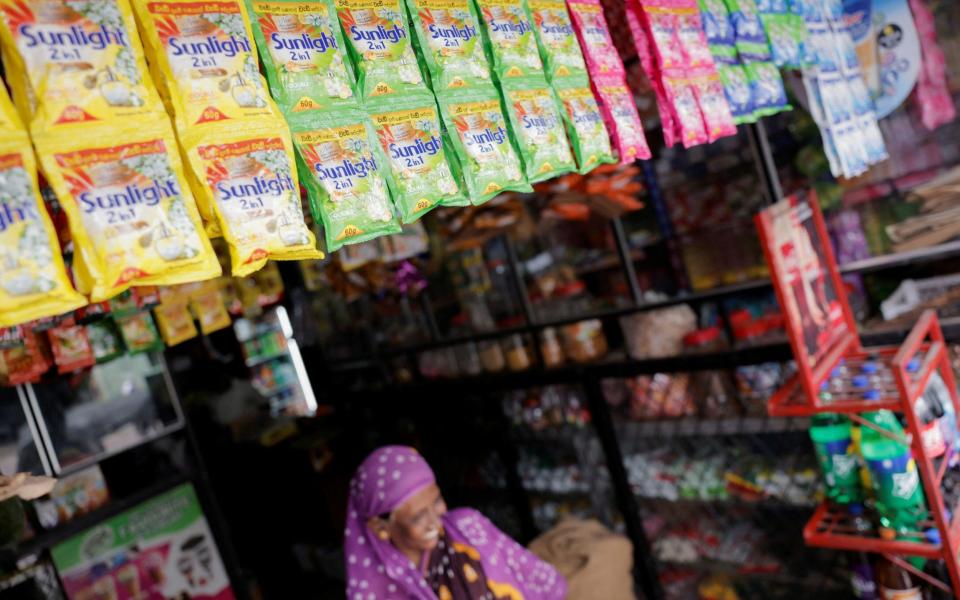Unilever secretly fought ban on plastic sachets it branded ‘evil’

The boss of Unilever publicly called for “evil” plastic sachets to be phased out while the company privately lobbied against banning them, it has been revealed.
Alan Jope, the consumer goods giant’s chief executive, said the business “had to” stop using the sachets to package small portions of soap, detergent and shampoo two years ago.
He was echoing comments from another Unilever executive who had branded the disposable packets “evil, because you cannot recycle” them.
Yet behind the scenes, the company privately lobbied against bans on the packaging that had been proposed in India, the Philippines and Sri Lanka, where they were contributing to mountains of plastic waste and pollution, according to Reuters.
The sachets, which are used to package Unilever products such as Sunlight soap, Sunsilk shampoo and Surf Excel laundry detergent, reportedly account for 10pc of the company’s global sales.
Following Unilever’s lobbying efforts, India and the Philippines backed away from banning the plastic packets.
And while Sri Lanka pressed ahead, the country’s government later accused Unilever of trying to evade the ban on 6-millilitre sachets by presenting four-packs as one 24 millilitre unit.
Anil Jasinghe, secretary of Sri Lanka’s Environment Ministry, told Reuters: “Unilever tried to deceive us.”
The plastic sachets have become commonplace in developing countries, where they are used to sell small, low-cost portions of everyday products.

However, in these same countries infrastructure is often poor and the packets have been blamed for creating a tsunami of plastic waste on the streets, in waterways and green spaces.
Speaking at an environmental event in July 2020, Mr Jope was asked about how using the sachets fitted with Unilever’s pledges to reduce plastic pollution.
“We have to get rid of them,” he replied. “It's pretty much impossible to mechanically recycle and so it's got no real value.”
However, according to Mr Jasinghe, in private Unilever told the Sri Lankan government that the sachets were “a poor man’s commodity” and argued against banning them.
He added: “We said: ‘Yes, you have addicted the poor man to sachets. Now they have no choice’.”
Unilever did not comment on Mr Jasinghe’s claims. The company said it is “phasing out multilayer sachets, which are difficult to recycle, and replacing them with recyclable alternatives, such as mono-material sachets.”
Unilever said it also “continues to explore different reusable and refillable packaging systems to enable our low income consumers to access our products at a price point they can afford”.
“While this is a complex technical challenge with no quick fixes, we are fully committed to working with industry partners and other stakeholders to develop viable, scalable alternatives which help to reduce plastic waste.”

 Yahoo Finance
Yahoo Finance 